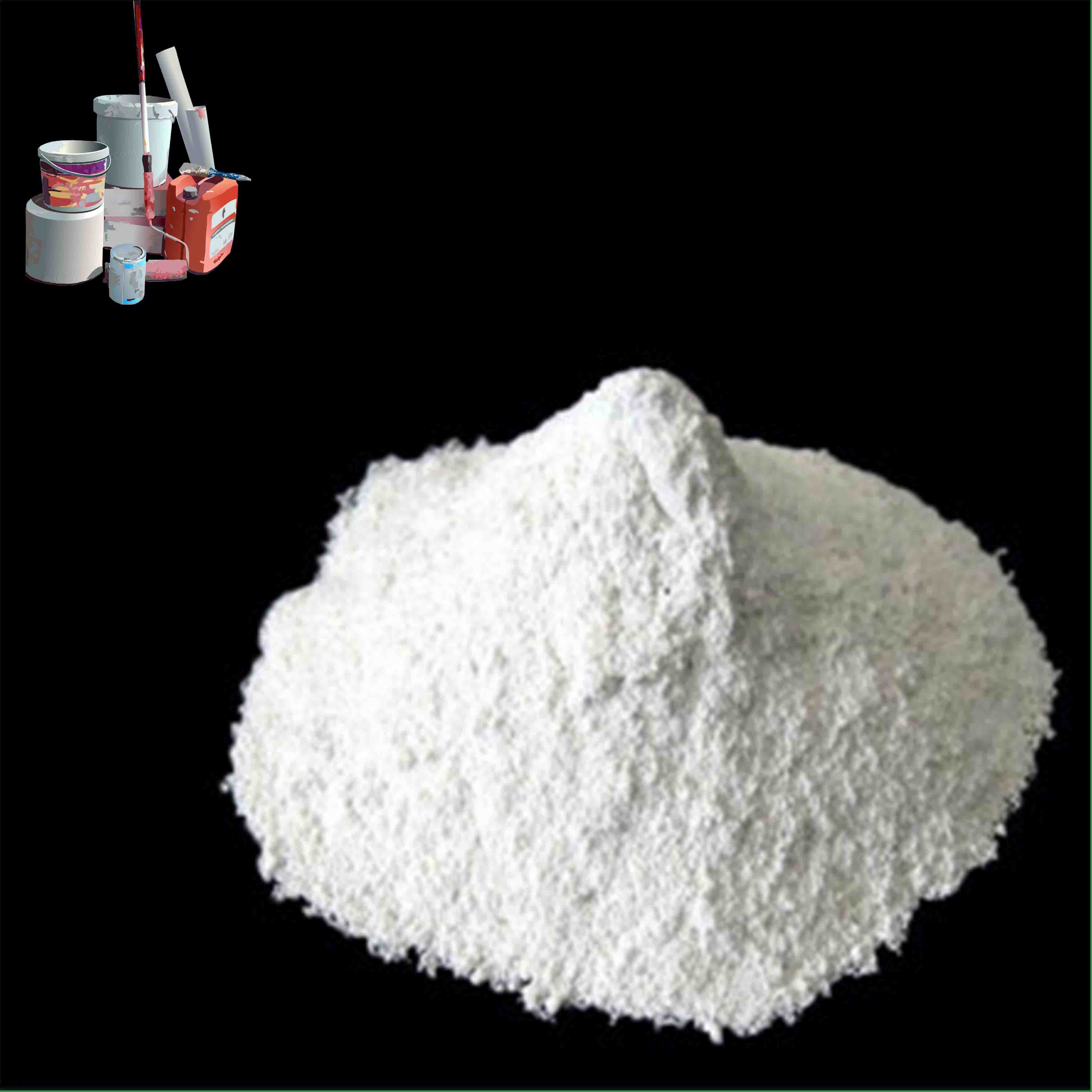
8 月 . 12, 2024 23:12 Back to list
Top Manufacturers of Micronized Titanium Dioxide for Industrial and Commercial Applications Worldwide
The Landscape of Micronized TiO2 Manufacturers
Titanium dioxide (TiO2) is a versatile compound widely utilized across various industries, owing to its exceptional properties, such as high refractive index, strong UV resistance, and non-toxic nature. Among the different forms of titanium dioxide, micronized TiO2 has garnered significant attention due to its fine particle size that enhances its applicability in various domains, including coatings, plastics, automotive, and personal care products. This article explores the landscape of micronized TiO2 manufacturers, the process of its production, and its diverse applications.
Understanding Micronized TiO2
Micronized titanium dioxide refers to TiO2 particles that are processed to achieve a finer size, typically in the range of 100 to 300 nanometers. This smaller particle size increases the surface area of the material, thereby boosting its efficiency as a pigment and functional additive. Micronized TiO2 exhibits enhanced light-scattering capabilities, making it ideal for use in application areas where high opacity and brightness are critical.
Production Process
The manufacturing of micronized TiO2 involves several key steps, primarily focusing on the production of TiO2 and its subsequent micronization. Traditionally, TiO2 is produced through two main processes the sulfate process and the chloride process. The sulfate process involves the treatment of titanium-containing ores with sulfuric acid, resulting in the formation of titanium sulfate. In contrast, the chloride process uses chlorine gas to convert titanium ores into titanium tetrachloride, which is then oxidized to produce hydrated TiO2.
To achieve the desired micronized form, the TiO2 is finely milled using specialized equipment. This milling process may involve jet mills or ball mills to achieve the required particle size distribution. Additionally, surface treatments may be applied to enhance the dispersibility and performance characteristics of the micronized TiO2 in various applications.
Key Manufacturers
micronized tio2 manufacturers

The market for micronized TiO2 is populated by several prominent manufacturers who specialize in its production. Companies such as Chemours, Kronos Worldwide, and Huntsman Corporation are known for their high-quality TiO2 products. Each of these manufacturers employs advanced production techniques and stringent quality control measures to ensure the consistency and performance of their micronized TiO2.
Moreover, many manufacturers are focusing on sustainability and eco-friendly practices in their production processes. For instance, some companies are investing in technology to reduce the environmental impact of production and to ensure that their titanium dioxide products meet regulatory standards regarding safety and environmental effects.
Applications of Micronized TiO2
Micronized TiO2 finds applications in a wide array of industries. In coatings, it enhances toughness, durability, and UV protection while improving the overall aesthetic appeal due to its bright white color. The plastic industry utilizes micronized TiO2 to increase opacity and improve resistance to UV degradation.
In the realm of personal care and cosmetics, micronized TiO2 serves as a UV filter, providing protection against harmful sun rays while maintaining a lightweight feel on the skin.
The automotive sector also benefits from the properties of micronized TiO2, using it in paint formulations to achieve a superior finish and longevity.
Conclusion
As industries continue to seek innovative materials that offer enhanced performance and sustainability, the demand for micronized TiO2 is expected to rise. With established manufacturers continuing to invest in production technologies and sustainable practices, the landscape of micronized TiO2 will likely evolve, delivering high-quality products that meet the diverse needs of various applications globally. The future of micronized TiO2 looks promising, marked by technological advancements and an increasing focus on safety and environmental stewardship.
-
Lithopone for Plastic & TiO2 R-5568/SK-6658 Masterbatch Solutions
NewsMay.30,2025
-
China Leading Rutile TiO2 Manufacturer - R5566 & R996 Grades Available
NewsMay.30,2025
-
High-Purity Anatase & Rutile TiO2 Powder Trusted Manufacturer
NewsMay.30,2025
-
High-Purity Anatase Products Trusted Supplier & Manufacturer
NewsMay.29,2025
-
Best Price Eco-Friendly Rutile TiO2 Supplier & Wholesale Factory
NewsMay.29,2025
-
Chinese Anatase Titanium Dioxide for Ceramic Glaze Reliable Supplier
NewsMay.29,2025
